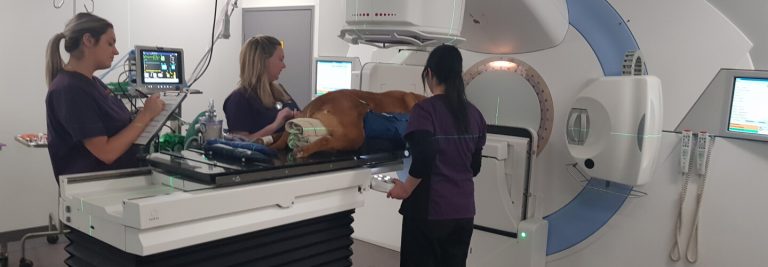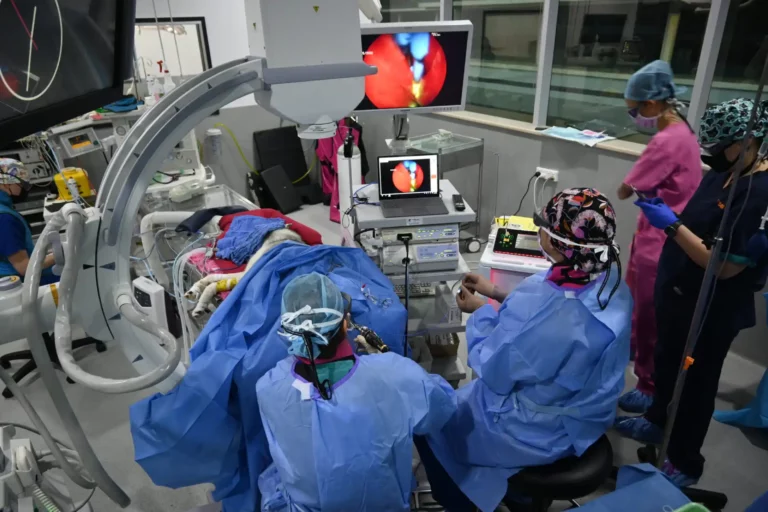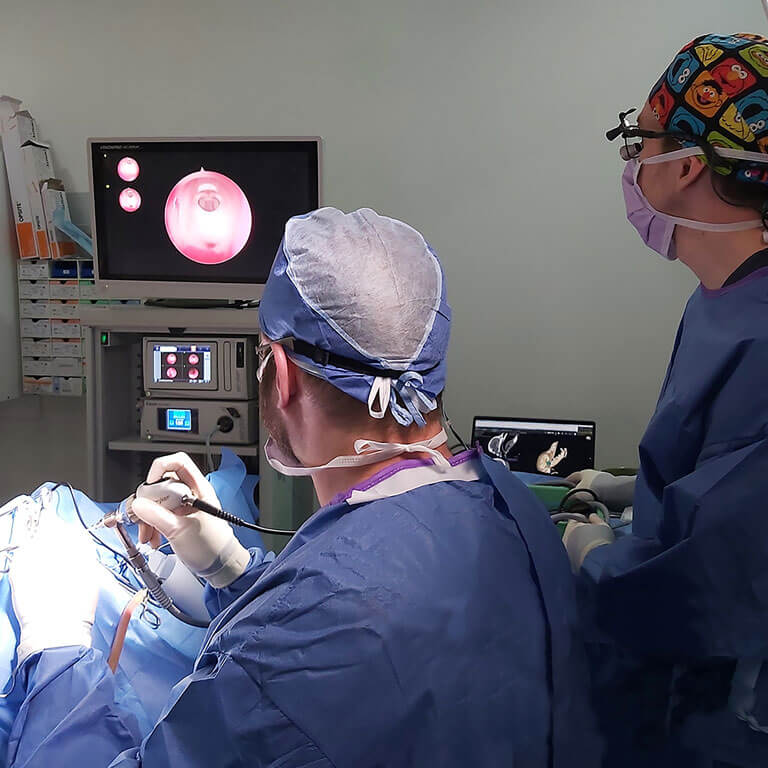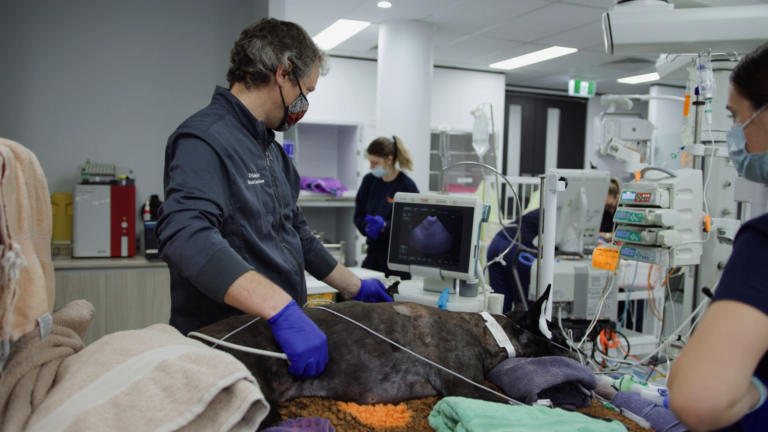Read on to find out what they are…
Did you know… dogs over the age of 10 have a 50% chance of getting cancer. Even though the risk increases with age, cancer does not discriminate and it is important to know how to check your dog for warning signs.
At SASH, The Small Animal Specialist Hospital, we want to help educate Australians just like you about the main warning signs of Cancer in dogs. After all, identifying these early could help save your dog’s life. Our cancer specialists have over 20 years of experience and we want to share this knowledge with you.
We may love the beautiful array of colours, flashes and fun from fireworks displays however pets don’t!
New Year’s Eve fireworks are anything but fun for both cats and dogs as the loud noises can cause serious anxiety and stress for your beloved fur babies.
Take extra precaution this New Year’s Eve by following these safety tips that should help ease your pets’ fears.
- Leave your pet at home – You might think that having your beloved friend with you might help ease his stress, but the combination of unfamiliar surroundings plus the sound of fireworks is doubly scary. If your pet is outdoors, there is a high chance that they may well try to escape from the backyard to hide from the noise. The best advice is to try and stay at home with your pet if possible or keep your pet indoors for the duration of any fireworks shows.
- Create a safe, secure space for your pet – Before you leave for the evening’s festivities, make sure to set up your pet in a safe, comfortable, calming space, like a bedroom or a crate. Keep windows and doors closed to prevent any potential escape, and make sure your pet has a cosy bed, his favourite toys and enough food and water to last throughout the night.
- Tire your pet out – The more tired a pet is, the calmer he’ll be of an evening and thus less bothered by the loud booms of fireworks. Be sure to take your dog out for an extra-long walk on the morning of New Year’s Eve, and factor in some extra playtime with your kitties.
- Create a distraction – If you’re home when fireworks are going off, redirect your pet’s attention by throwing his favourite ball or another well-loved toy. Not only will you distract your pet, but you may help him associate the noise with something positive like play and attention.
- “Soundproof” your space – A little white noise can help block out the worst of the fireworks. Leave the television or radio on, or just turn on a fan to help sound-sensitive pets get through the evening.
- Make sure your pet is microchipped and ID’d – This one is key! It’s not a coincidence that missing pet cases spike between the festive season. Dogs and cats can get so spooked by fireworks that they try to escape, and many sadly succeed. It is very important for your pets to be microchipped and owner information kept updated. Your pets should also wear a collar and tag with current identifying information, so this can help your pet be returned to you easily should the worst happen.
- Talk to your local vet – If you have a particularly anxious pet, consult with your vet for further ideas. He or she might suggest body wraps, treats or even anti-anxiety medications to further help your pet cope.





